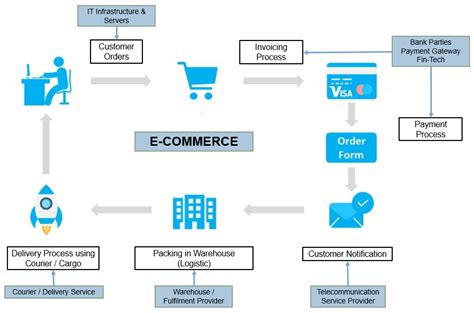The year was set to be a milestone for digital commerce, with Klarna, Chime, and StubHub planning IPOs. However, President Trump’s sudden tariff announcements threw the industry into disarray.
Companies Scramble in Response
In the wake of the tariffs, these companies swiftly changed course. Klarna, Chime, and StubHub halted their IPO plans to navigate the uncertain market conditions. Other players like Shopify started lobbying for alterations to the tariff policies while advising clients on weathering potential economic challenges.
As surprising as it may seem, tariffs can have indirect repercussions on digital commerce firms despite operating primarily online. For instance, e-commerce giants such as Amazon could suffer if consumers reduce purchases of foreign goods through their platforms. Similarly, payment processing services like those offered by Klarna might face financial strain if online sales decline.
Analyst’s Perspective
According to Sucharita Kodali from Forrester Research specializing in retail and e-commerce analysis: “If this game of chicken continues through 2025 and even longer, this is going to be very painful for the entire retail industry. It’s going to be bad for everyone.”
The situation has left many wondering about the future impacts on both established companies and emerging startups in the digital commerce landscape. Will they adapt swiftly enough to navigate these turbulent times? Only time will tell.
As discussions around tariffs continue to dominate headlines and boardroom conversations alike, one thing remains clear – adaptability will be key for survival in an ever-evolving global market.
Remember to stay tuned as we delve deeper into how these developments might shape the future of digital commerce worldwide.








Leave feedback about this